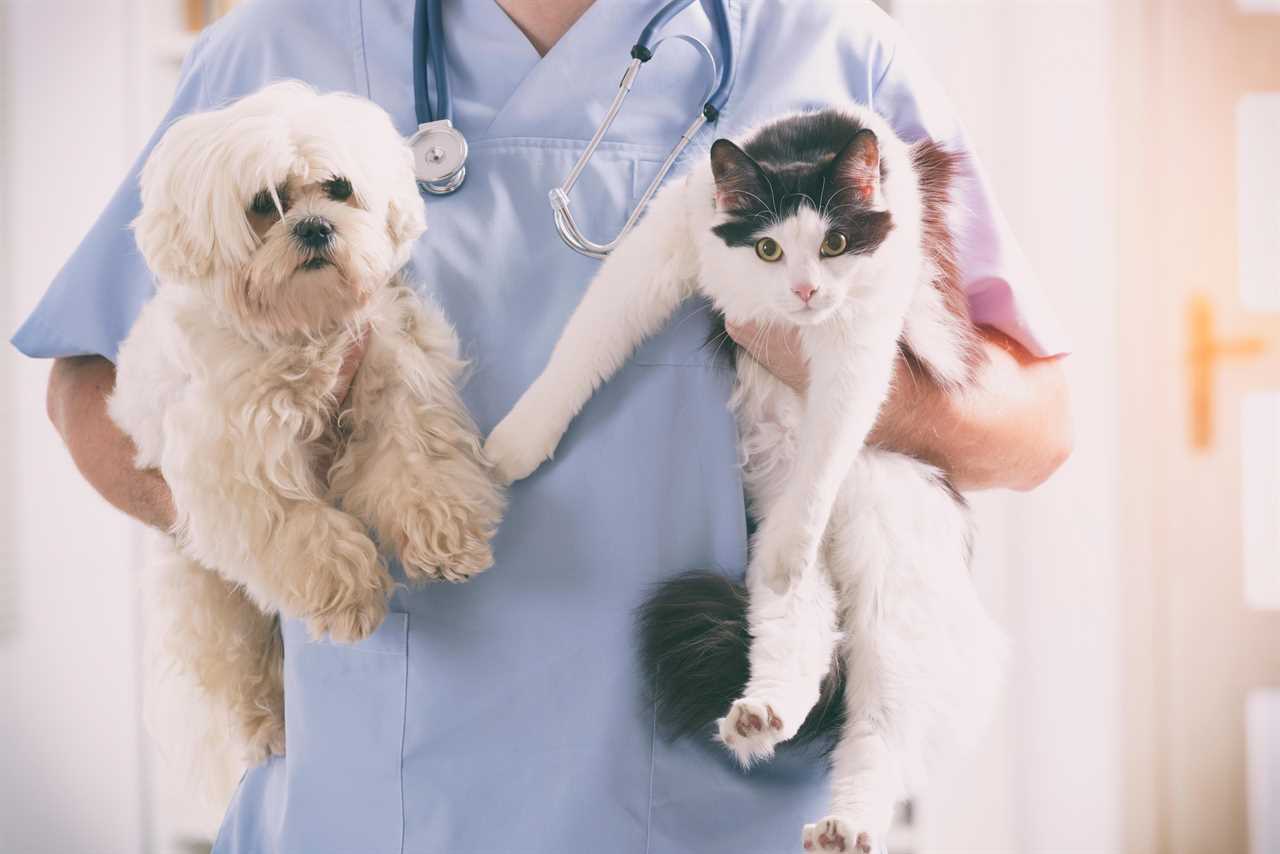CATS and dogs may need to get the Covid vaccine to curb the spread of the virus, a group of scientists has said.
Coronavirus can infect a wide range of domesticated animals – and experts have said that giving pets the jab is a “precaution” to reduce the risks of the virus spreading further.

Read our coronavirus live blog for the latest news & updates

Experts from the University of East Anglia, Earlham Institute, and the University of Minnesota wrote in the journal Virulence that continued evolution of the virus in animals followed by transmission to humans “poses a significant long-term risk to public health”.
They said: “It is not unthinkable that vaccination of some domesticated animal species might… be necessary to curb the spread of the infection.”
Last year, Denmark’s government culled millions of mink after it emerged that hundreds of Covid cases in the country were linked with variants associated with farmed mink.
Cock van Oosterhout, professor of evolutionary genetics at UEA, said dogs and cats can contract coronavirus – but that there are no known cases of them carrying it on to humans.
He said: “It makes sense to develop vaccines for pets, for domestic animals, just as a precaution to reduce this risk.
“What we need to be as a human society, we really need to be prepared for any eventuality when it comes to Covid.
“I think the best way to do this is indeed consider development of vaccines for animals as well.
“Interestingly, the Russians have already started to develop a vaccine for pets, which there’s very little information about.”
Kevin Tyler, editor-in-chief of Virulence, said: “Cats are asymptomatic but they are infected by it and they can infect humans with it.
“The risk is that, as long as there are these reservoirs, that it starts to pass as it did in the mink from animal to animal, and then starts to evolve animal-specific strains, but then they spill back into the human population and you end up essentially with a new virus which is related which causes the whole thing all over again.”
JABS FOR PETS
He said that while mink were culled in Denmark, “if you were thinking about domestic animals, companion animals, then you might think about whether you could vaccinate to stop that from happening”.
He added: “It’s not an obvious risk yet.”
Prof van Oosterhout and Prof Tyler wrote the findings along with director of the Earlham Institute Neil Hall and Hinh Ly of the University of Minnesota.
The scientists wrote: “Continued virus evolution in reservoir animal hosts, followed by spillback events into susceptible human hosts, poses a significant long-term risk to public health.
“SARS-CoV-2 can infect a wide range of host species, including cats, dogs, mink and other wild and domesticated species and, hence, the vaccination of domesticated animals might be required to halt further virus evolution and spillback events.
“Whilst the vaccination campaigns against SARS-CoV-2/ Covid-19 are being rolled out worldwide, new virus variants are likely to continue to evolve that have the potential to sweep through the human population.”
They said that more transmissible virus strains, such as the UK variant, require more people to be vaccinated to keep coronavirus under control.
“Vaccination against a viral pathogen with such high prevalence globally is without precedent and we, therefore, have found ourselves in uncharted waters,” they wrote.
Meanwhile, the UK nearly hit the target of giving out 500,000 Covid vaccinations A DAY.
Three-quarters of all over-80s have been jabbed, according to the Health Secretary.
On Saturday, 491,970 Brits were given the first dose of the Covid vaccine in a huge boost for the Government’s target of vaccinating 13.5million vulnerable people by mid-February.
The figure marks an increase of 13,722 doses compared with January 22, when 478,248 jabs were given out.
It is also a significant jump on Thursday’s figure of 409,855.
The increase brings the total number of first-dose vaccinations in Britain to 6,353,321 since the beginning of the rollout on December 8.






